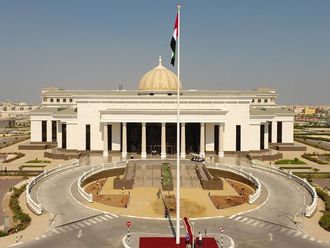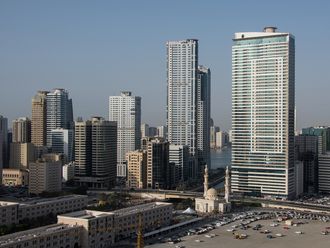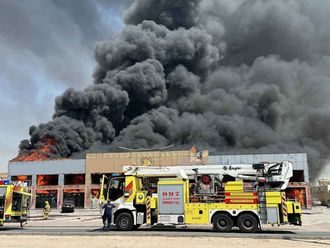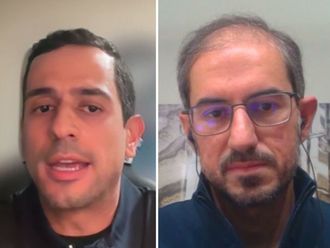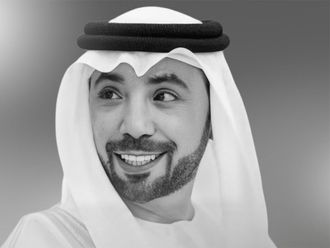Abu Dhabi: The Federal Supreme Court looked into nine cases on Monday concerning national security and terrorism.
The defendants were accused of crimes pertaining to leaking secret information to foreign intelligence agents and being part of terrorist organisations like Fajr Libya and Martyrs of the February 17 Brigade.
Defendant A.A.B., accused of promoting Daesh ideology by sharing material and managing social networking accounts, was subjected to a psychiatric evaluation after he claimed that he suffered from mental disorders.
A medical committee confirmed that the personality disorders suffered by A.B.B. before his arrest did not impact his free will or behaviour, and that he only began suffering from psychosis following his arrest. A.A.B. alleged that he attempted multiple suicides, and suffered from mental illness and he was treated at a government hospital in Abu Dhabi.
The medical committee said it had evaluated A.A.B.’s mental health before and after his arrest. Dr Ala’a Ebrahim, head of the medical committee, said the defendant’s relatives claimed that he suffered from mood swings, inability to adapt to situations and lack of confidence. According to the relatives, the defendant had previously used psychotropic drugs such as tramadol, which made him more prone to engage in extreme approaches, particularly since he was very eager to please others.
Ebrahim added the defendant suffered from a lack of adaptability one month after he was arrested, which led him to become depressed and psychotic. The defendant was then transferred to Zayed Military Hospital, where he was treated for six months and underwent shock therapy and was given antidepressants.
The defendant’s wife testified that her husband suffered from psychiatric disorders during the early phase of their marriage and committed acts that he later denied, such as pushing her off a ladder when they were at home. She pointed out that she was admitted to hospital and that her husband kept denying the accusations when he was questioned by the police, and claimed that he never touched her.
The second defence witness, the defendant’s brother, said that A.A.B. was reclusive, and was almost completely isolated from his family, sometimes not contacting them for a year. It was during that period that the defendant’s father passed away and his younger brother, with whom he had a very close relationship, was arrested in a separate case. He asked the court to show leniency to the brother as to not exacerbate the defendant’s condition.
The third defence witness, a relative, also provided a statement saying that the defendant was reclusive and suffered from work instability.
In a separate case, A.F.S., a 33-year old Pakistani woman, was accused of using technologies for the purpose of retrieving confidential information from Emirates Integrated Telecommunications Company, du. A.F.S. retrieved the data as a part of her job, and wanted to deliver the information to individuals working for the interests of two foreign countries. The court adjourned the case to March 8 to hear defence arguments.
In the third case, the Public Prosecution accused four suspects of providing money in 2014 to the terrorist organisations Martyrs of the February 17 Brigade and Fajr Libya, which are affiliated to the Muslim Brotherhood. The Public Prosecution accused K.A.A., a 50-year-old Libyan, M.K.A., a 34-year-old American, S.A.M., a 47-year-old Libyan, and A.A.M., a 66-year-old Libyan, of providing money to these organisations with full knowledge that the money will be used for financing terrorism operations.
The Public Prosecution also accused them of providing these terrorist organisations with equipment, cars, wireless devices, night vision devices and bulletproof vests.


